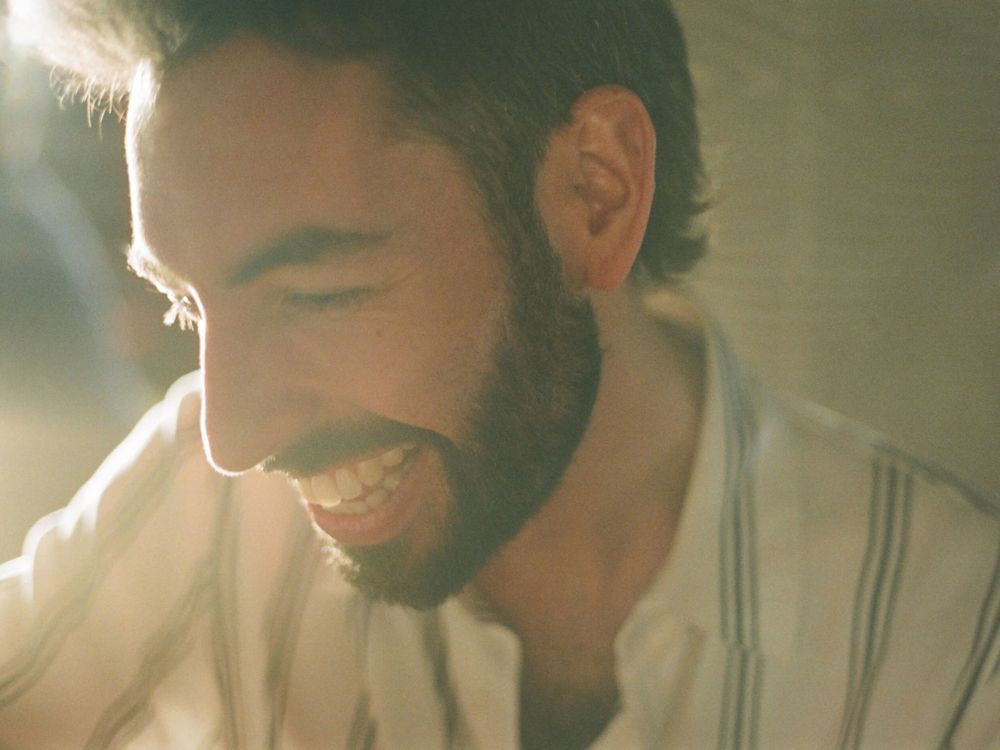For Leif Vollebekk, songs like dreams … sometimes even those with a hip-hop beat

Credit to Author: Shawn Conner| Date: Tue, 21 Jan 2020 18:00:16 +0000
When: Saturday, Jan. 25
Where: Imperial, 319 Main St.
Tickets: Sold out.
Leif Vollebekk’s Twin Solitude won the Montreal singer/songwriter a place on the 2017 Polaris Music Prize Short List, a Juno Award nomination and critical acclaim from both mainstream and music press. New Ways, his fourth album and the follow-up to Twin Solitude, is a lovely, contemplative work that will likely continue Vollebekk’s winning streak. We talked to him about the album, swimming holes and filmmaker Terence Mallick.
Q: A couple of songs on New Ways were mixed by Chris Shaw in Austin. Did you know that you wanted him to do just these two songs, or were these all he had time to do?
A: It kind of lined up perfectly. I knew he was going to mix this one song, Hot Tears, really well. I couldn’t imagine anyone else doing it. And then I wanted someone else to mix the rest of the record. He was really busy so it was an easy decision to go with my original plan.
And then the other song was partly mixed by him, and partly the other person, Chris Allen in New York. He (Allen) has a bit of a warmer, more mellifluous sound, where Chris (Shaw) has a very bright, charismatic fiery sound, but also very warm. He got his start doing hip-hop— I think he did three Public Enemy records. I pictured Hot Tears with kind of a hip-hop groove. I wanted the drums to sound a lot tighter. And he’d worked with Bob Dylan. That’s the ideal spectrum for me.
Q: When we were talking about Austin earlier you mentioned that it has “a lot of nice swimming holes.” You like swimming?
A: Yeah, it’s a really fun thing to do on tour. You feel like crap because you’re not eating normally and not getting much exercise. It’s really calming.
And you discover a lot about a city or culture in how they swim. The French are like, every lane has what kind of stroke you’re allowed to do in it. In Holland, it’s not that organized. In Austin, there are some great open-air, natural creek swimming pools.
Q: You’ve mentioned movie directors Richard Linklater and Terence Malick as influences. Is this a direct influence, like on lyrics, or more about the atmosphere of the songs?
A: Sometimes I think that songs are very similar to dreams. When you have a dream you know where you are, but you don’t know where you are. Maybe it’s the restaurant you had dinner in the last time you saw your dad — that’s the backdrop, but it’s not about your dad or the restaurant.
Really good films are able to populate your subconscious with backdrops. Terence Malick’s cinematographer (Jörg Widmer) is able to get so many images that are so saturated with light. When you’re dreaming after you watch a movie, sometimes things play out like that.
When you’re writing a song it’s kind of the same for me — you’re trying to get down a dream, but it happens to have a melody and lyrics.
Q: What kind of cinephile are you? Do you keep up with current films, or watch mostly older films, or a mix?
A: I’m not really a cinephile, but I’m interested in how the artist creates something. I want to make a body of work, so I’m interested in someone else’s body of work.
I don’t like to dabble. I like seeing a progression, like Terence Malick pulling back after doing that movie about Pocahontas, New World (2005), and you see him experimenting with floating camera angles and dropping narration. He went really far with this radical idea, and it maybe didn’t work perfectly, but in the next film he was able to master the technique from the previous film. Had he not done that, he would not be here. It gives you permission to do that yourself.
CLICK HERE to report a typo.
Is there more to this story? We’d like to hear from you about this or any other stories you think we should know about. Email vantips@postmedia.com.